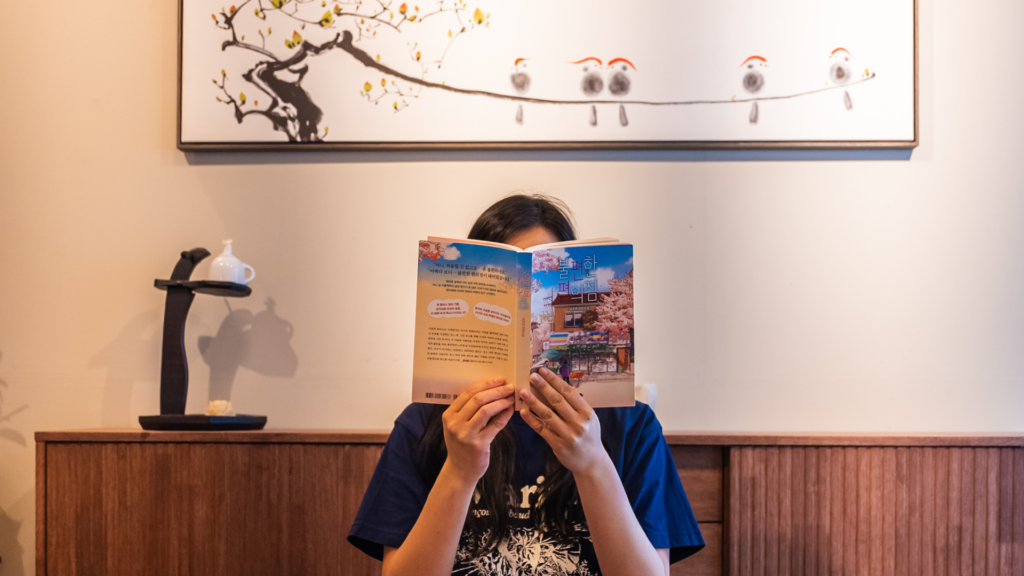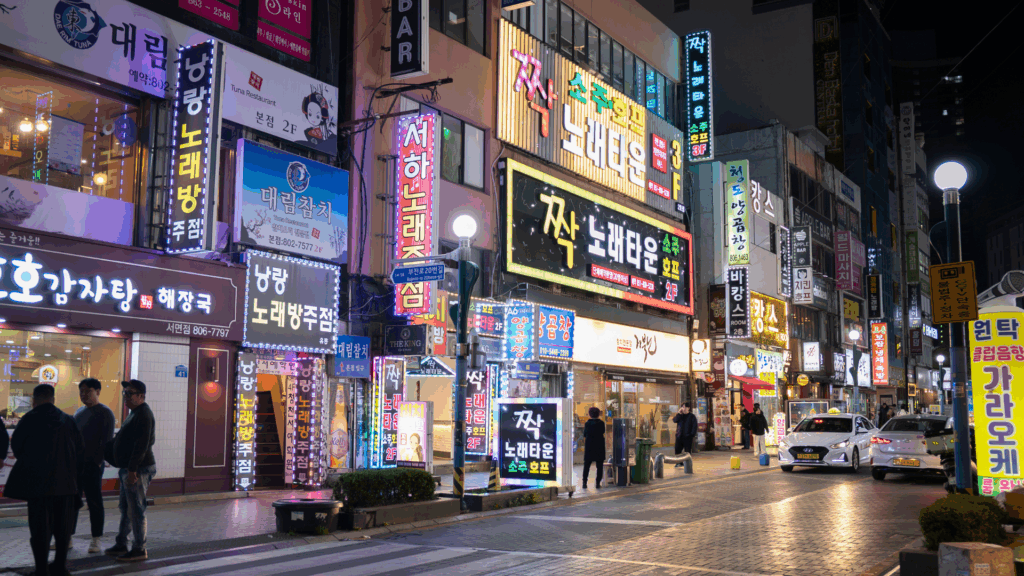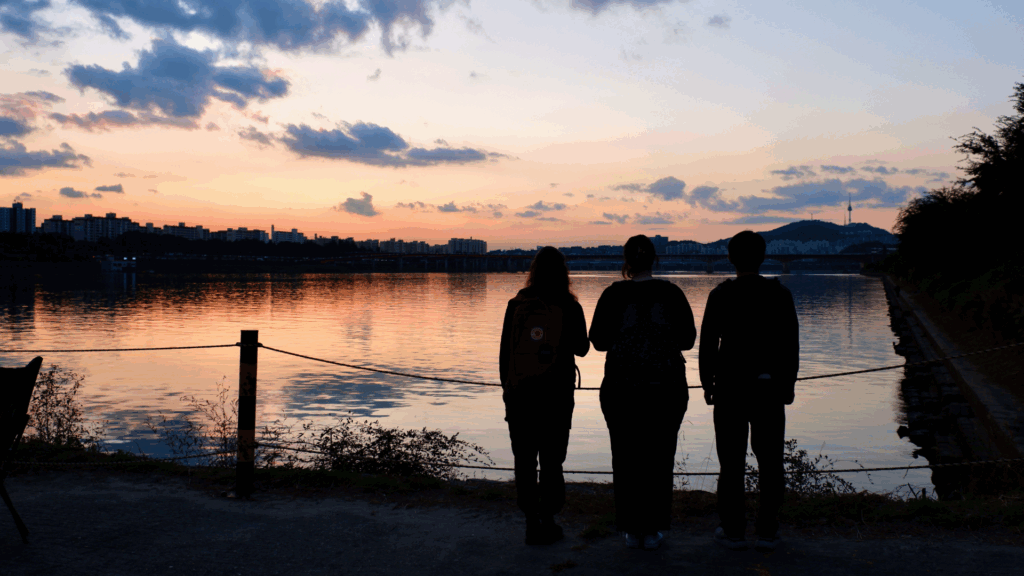In order to fully understand Korean society, it is important to know the features of the Korean education system. Throughout the world, school is obviously a key component in a person’s education and development, but in Korea, this aspect is even more pronounced.
Let us see in this article the 5 important cycles in the Korean education system and other aspects involved.

5 school cycles in the Korean education system
1. Kindergarten (유치원, Yuchiwon)
Kindergarten lasts three years (ages 4 to 6) and is not compulsory under the Korean education system. Despite this, however, many children still attend it so that they get used to the idea of having to go to school early on. Two advantages as seen in modern Korean society is that this not only helps parents to manage and match their work schedule with their child’s school curriculum, but children can also learn to be independent at school and help shape character development as well.
Did you know that the teaching of English in kindergartens has recently been introduced in Korea? This is so that children can learn a second language at an early age and thus have a competitive advantage over others for future studies.
2. Elementary school (초등학교, Chodeunghakgyo)
In the Korean education system, elementary school is compulsory education. Elementary school lasts six years, and ranges from 7 to 12 years of age. They used to be called Gukminhakgyeo (국민학교), or citizens’ school. This is because, during Japanese colonisation, elementary school was the only compulsory school, as the Japanese government had no interest in having an educated population. Later, the name was changed to Chodeunghakgyeo, which precisely means elementary, basic school.
Six years of elementary school education curriculum consists of subjects like Korean Language, Mathematics, Science, Physical Education, Music, Art, Social Studies, and English Language. Students typically spend 6 to 8 hours from 8 am in school learning these subjects. Elementary school in the Korean education system aims to help younger students find self-confidence, promote cooperative learning and community awareness, and be exposed to leadership skills.

3. Middle school (중학교, Junghakgyo)
Similar to the rest of the world, the Korean education system for Middle school in Korea lasts three years. A fun fact is that classes here do not start again from the first, but continue counting in seventh, eighth and ninth grades. In middle school, students start wearing school uniforms.
Beginning in middle school, the amount of study hours intensifies and students begin to feel stress, also caused by the pressure to be admitted to a good high school so as to prepare well for admission to a prestigious university. Though between classes there is no risk of flunking out, in any case, grades and rankings will make a difference once school is over. This is when better-performing students have a higher chance of being placed in a good high school and vice versa.
4. High school (고등학교, Godeunghakgyo)
In the Korean education system, high school is no longer considered compulsory schooling. However, 99 percent of Korean students decide to proceed with their studies, well aware that without a proper education, they will not be able to find a place in Korean society.
High school in Korea lasts only three years, from age 16 to 18, and can be divided into two types: vocational and general. The general one is more focused on preparing students for university admission, while the vocational one allows students to specialise in practical work. Even students coming out of a vocational school are still allowed to enter university, but of course, it will be very difficult for them to be admitted to one of the more prestigious ones.
Regardless of the vocational or general route, the life of high school students is considered enormously stressful due to the strict and high standards of the university entrance tests under the Korean education system. In fact, the suicide rate caused by the stress of preparing for the test is very high in Korea, as well as a result of failing the test.
Nonetheless, many still persevered throughout the tough Korean education system in their early years and found themselves landing a spot in top Korean universities! There’s a saying, ‘Tough situations build strong people’.
5. University (대학교, Daehakgyo)
Under the Korean education system, usually, most Korean students end their education here after obtaining a bachelor’s degree. Otherwise, a handful of students may carry on with post-graduate studies at 대학원 (Daehakwon) to obtain a master’s degree.
University education normally lasts four years, but there are also longer or shorter programs depending on specialisations. Attending university is considered a very important factor in Korea, and the more prestigious the university, the better you will be regarded by Korean society.
The top three universities in the country are the so-called SKY universities (Seoul National University, Korea University, and Yonsei University). If you are not admitted to one of these three or to another university with a good ranking, many students, if they can afford it, prefer to study abroad.
Don’t worry, though, because to study Korean in Korea there are plenty of other excellent universities, such as those presented on our site, or simply view our Instagram reel on how to learn Korean easily.
School life in Korea
School life is quite tough in Korea. In fact, after attending classes, many students are forced by their parents to attend one or more hakwon (학원), which are private academies that give additional classes in certain subjects. All always aimed at passing the infamous university entrance exam.
In schools, in addition to classes, students are also required to attend afternoon clubs, called dongari (동아리). These are student-run sports or other activities to be chosen according to one’s passions.
What do you think of the Korean school system? Could you keep up with the pace of Korean students?
Follow the Go! Go! Hanguk blog for more information about Korean culture and feel free to contact us about living and studying in Korea.









